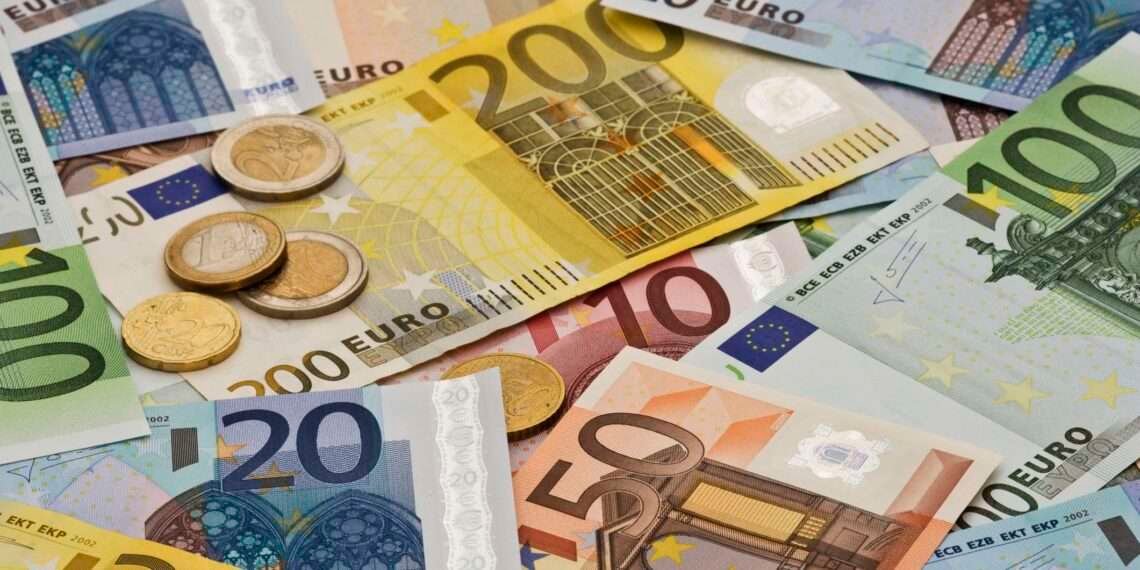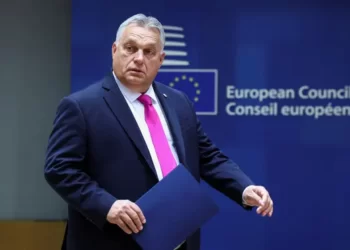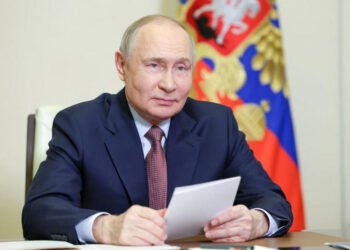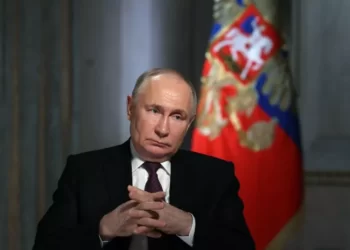Euro zone inflation hit a new record high in December, raising more questions about the European Central Bank’s monetary policy.
Preliminary data released on Friday, January 7, 2022 showed that the headline inflation rate in the 19 countries sharing the euro was 5% for the month of December 2021, compared to the same month last year. The figure represents the highest ever on record beating November’s all-time high of 4.9%.
The increase was mostly due to higher energy prices which went up 26% compared to a year earlier but the increases for food, services and imported goods were also all well above the European Central Bank’s (ECB) overall 2% inflation target, data from Eurostat showed on Friday.
“After reaching 5.0% in December, headline euro-zone inflation should fall this year as the energy component plummets”, Capital Economics stated.
Inflation has been in the spotlight after consecutive increases in recent months, with money managers debating whether the European Central Bank should be taking a more aggressive stance to combat rising prices.
With the economy roaring back to life from its initial pandemic shock last year, price growth took off, catching the ECB – which predicted just a benign inflation hump a few months ago – off guard.
Upward pressure on Inflation
Adding to the upward pressure is the easing of supply-chain bottlenecks that curtailed the availability of consumer products. Also, households which were forced into saving their cash for a year, started spending on everything from new cars to restaurant meals.
Most of these inflation drivers are temporary, so price pressures should ease eventually. But views diverge on how fast inflation will come down and where it is likely to settle once the economy adjusts to a new normal.
The central bank said last month that it would be cutting its monthly asset purchases, but vowed to continue its unprecedented level of stimulus in 2022.
The ECB expects inflation back under 2% by the end of this year, but a long list of influential policymakers questions this narrative, warning that risks are skewed towards higher figures and that above-target readings could persist into 2022.
“Monetary accommodation is still needed for inflation to stabilize at the 2% inflation target over the medium term,” the ECB said at the time.
Its forecasts, updated in December, put headline inflation at 1.8% in both 2023 and 2024. It expects the rate to overshoot the bank’s target in 2022, however, coming in at 3.2%.
Economists argued that the pandemic and inflation are among the biggest risks for economic performance in 2022.
“If inflation were to spring further and persistent upside surprises, central banks might be forced to step on the brakes hard,” analysts at Berenberg said Friday in their global outlook for the new year.
They added that the ECB could prepare the ground for a first hike in the spring of 2023. The euro was up 0.2% against the dollar to trade around $1.131 by mid-morning on Friday in Europe.
READ ASLO: Interior Minister Insists Constitution Day Is Not “An Idle Holiday”























